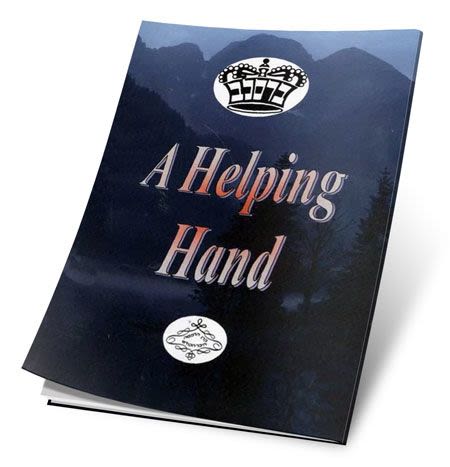
Loving Laundry
Just as your clean piles of neatly, folded towels are evidence of a job well done, watching your child grow into a well-adjusted, happy individual is its own reward.

There are some things in life we simply can’t ignore – Death, taxes and…. Laundry! Whether we like it or not, there is no escaping them. Laundry is something many people hastily undertake with no forethought to the task and simply do what needs to be done. While it would be difficult to say that anyone truly loves doing laundry, there are those of us who don’t necessarily find laundry a burdensome chore, and exercise special care with each and every piece.
But there is an exceptional responsibility in life that requires extraordinary care, much more so than laundry. That is raising children! For those who have been blessed with the task of rearing a child, nothing could be more daunting yet more fulfilling. Comparatively speaking, there are actually many similarities between doing the laundry and raising kids. Just as your clean piles of neatly, folded towels are evidence of a job well done, watching your child grow into a well-adjusted, happy individual is its own reward.
Hashem provides us with a myriad of possessions which we have the pleasure of using during our short stay in this world. Whatever belongings we have been privileged to acquire, we are free to utilize as we choose. But unlike a t-shirt which is quite resilient under most conditions, raising children is an enormous honor which cannot be taken lightly. Also, in contrast to most assets, we do not own our children. Our child has been entrusted to us, an irreplaceable gift from Hashem. Therefore it is our duty to use the manual that came with the precious package – The Torah! If your treasured, new cashmere sweater required washing, would you just throw it in with the rest of your laundry? No. You would read the label and make sure the water temperature and detergent was just right.
Whether one finds laundry enjoyable or not, it is universally accepted that one sorts out the items into different loads. There could be whites, colored items, a dark load and delicates. We wouldn’t consider washing a black skirt in the same load as a white Shabbat shirt. As we all know, putting the wrong item in the washing machine has the potential of ruining the whole load. So why would we treat each child in the same manner? Each neshama (soul) is so unique and has its own character which requires special nurturing. While one son may lean toward learning and reading, another may have a gift for music. It is our obligation to tune our senses into discovering our child’s individual path and helping them along their journey.
Everyone is familiar with the creases on most newly purchased slacks and shirts. The manufacturer firmly places the creases appropriately to ensure a proper ‘look’. As much as one may try, those creases cannot be washed or ironed out. Over time, the creases will gradually disappear, but to the detriment of the piece of clothing. Its fresh, crisp appeal will be lost. So too, a child. As parents, we can try to shape our children into who we want them to be, but if it is not where Hashem places the ‘creases’, they will not thrive. By not attempting to change their nature, we will proudly witness them flourish.
On occasion we may notice a spot on a piece of clothing, a stain that needs extra attention. In these instances, one may utilize a special stain remover to try to remove the mark. We would scrub it with enough strength to clean the garment, yet be gentle enough so as not to harm the fabric and leave any permanent damage. Similarly, we discipline a child. Our Sages say that we must “push him away with the left hand and draw him near with the right hand”. In this way we do not ‘damage’ his soul since we are bringing him close with our stronger hand by showing him how much we love him, while gently erasing the ‘stain’ of his misdeed.
Many of us, especially in Israel, hang our laundry out on a clothesline to dry. To protect against a strong wind, it is important to ensure that it is securely attached to the ground. Without a good, solid base, we risk the rack falling over and clothes flying away. This concept also applies to the family. Providing an emotionally stable base for our children allows them to ‘fly freely in the wind’ yet ensures their well-being without the fear of losing them. Just as our loving Father in Heaven is always there when we need to speak to Him, our sons and daughters should feel confident that we are constantly there for them as well.
Both raising kids and doing laundry demand a great deal of effort and at times can be overwhelming. When things get you down, remember that nothing worthwhile comes without difficulties. But when we accept our responsibilities with joy, our obligations are fulfilled with ease. In the words of Rabbi Nachman “At first you have to make yourself as happy as possible with everyday things. From that, you can come to true joy.” (Sichot Haran 177)







Tell us what you think!
Thank you for your comment!
It will be published after approval by the Editor.